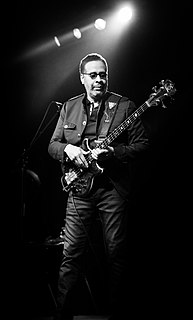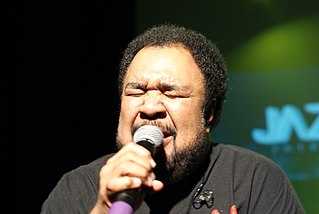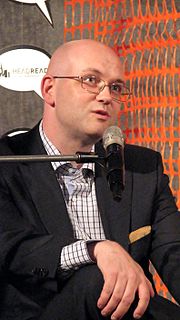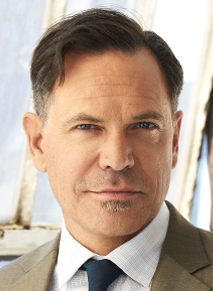A Quote by David E. Cooper
For me, the existentialists are important critics of 'absolutist' claims, and Heidegger and Merleau-Ponty are, at least in their later writings, also exponents of a doctrine of mystery: Being or the 'well-spring' of everything is, for Heidegger, ineffable, just as what Merleau-Ponty called 'Flesh' is for him.
Related Quotes
I was keen to dispel a familiar misunderstanding: that existentialists somehow relish the alienation of human beings from the world. This may have been Camus's attitude, but it was certainly not that of Heidegger, Sartre and Merleau-Ponty, each of whom tried to show that we can only experience the world in relation to our own projects and purposes. The world is initially one of 'equipment', said Heidegger: it is a world of 'tasks', said Sartre.
But if I did read, say, [Maurice] Merleau-Ponty, for instance, it always seemed to me that the parts that I understood in what he was talking about - and I read him because - well, he wrote a book, well, the Phenomenology of Perception [New York: Humanities Press, 1962]. And it seemed to me that perception had a lot do with how we take in art.
Like Nietzsche, Heidegger also gave up on the prospect that schools and universities would nurture the kind of reflective openness to the way of things that, certainly by the 1940s, he identified with authentic thinking. The authentic person is not the Promethean, iron-willed figure that pops up in Nietzsche, but someone more like the Daoist sages whom Heidegger admired.
In the doctrine of the world and humankind as 'will to power and nothing else', Heidegger identified not an antidote to nihilism, but the completion of it. For what can be more destructive of truth and value than the doctrine that these are simply the impositions on the world of human exercises of power?
There are really three players: 'absolutists', for whom it is possible to describe reality as it anyway is; 'constructivists' or 'humanists', for whom there is nothing beyond a world that is relative to human interests and conceptual schemes; and 'ineffabilists', like myself, for whom any describable world indeed exists 'only in relation to man', as Heidegger put it, but for whom, as well, there is an ineffable realm 'beyond the human'.
It's one thing to assent to propositions like 'The way of things is ineffable', and quite another to internalise what it is being gestured at by such propositions, to get a sense or feel for mystery. For me, at least, it is in and through ways of engaging with nature that this sense is intimated. These ways include being in the garden.
The daimonic refers to the power of nature rather than the superego, and is beyond good and evil. Nor is it man's 'recall to himself' as Heidegger and later Fromm have argued, for its source lies in those realms where the self is rooted in natural forces which go beyond the self and are felt as the grasp of fate upon us. The daimonic arises from the ground of being rather than the self as such.



























